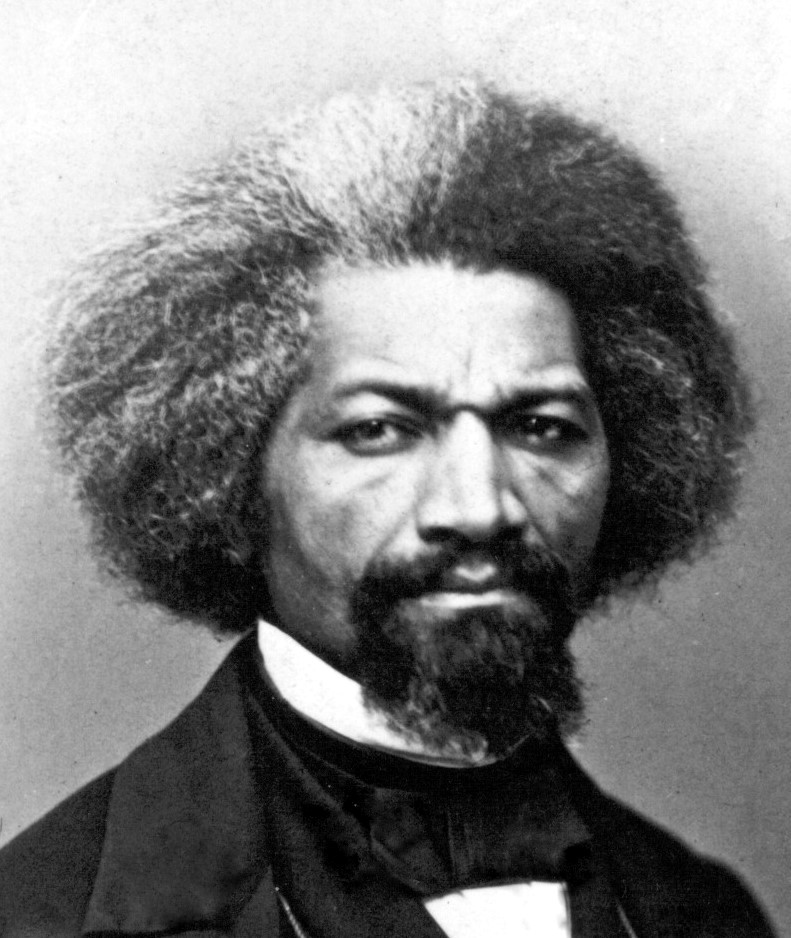Black History Month: A Celebration of Black History
March 6, 2019
February was Black History Month, an opportunity to recognize the often overlooked accomplishments of African Americans in every field of endeavor. Throughout American history, from Frederick Douglass to Katherine Johnson to Barack Obama, spectacular individuals have risen up in their specialties often in the face of oppression, yet somehow still remain unrecognized by the majority of the population. In honor of the historical resilience and excellency displayed by African Americans, The Coffee Press highlights a few of these remarkable characters, offering a broad, yet wholly incomplete celebration of African American history.

When speaking of succeeding against the odds, Frederick Douglass cannot be left unmentioned. Though born into slavery, Douglass boldly escaped bondage and fled North. Despite the almost universal illiteracy of African slaves in the 19th century, not only did he teach himself to read and speak English, but he excelled in the craft of language, employing his skills to rise and become one of the most illustrious figures in the abolitionist movement.
Another impressive figure in African American history is composer and bandleader Duke Ellington. As a pianist and orchestra leader, it is clear that Ellington was musically gifted, a statement that is attested by the more than 1,000 songs written by him. Despite earning 11 Grammy’s, 13 inductions into the Grammy Hall of Fame, a Grammy Trustee award, the Presidential Medal of Freedom, a Pulitzer Prize citation, and even honorary doctorates from Harvard and several other prominent universities, Ellington’s role in transforming jazz into swing music in the 1930s associates his very name with the genre, a testament to his musical soul.

Last but not least is a math prodigy who served a vital role in the launching of John Glenn into space to orbit the planet three times. Katherine Johnson, mathematician and physicist, utilized her precision of calculation to help launch not only rockets, but also the first adoption of digital electronic computers at NASA. Originally a member of a team of black women in the guidance and navigation department, Johnson was selected to join a fully-male flight research team, assisting in the calculation of Apollo 11’s flight to the moon. So evidently gifted in her field, she earned two degrees from West Virginia State College at only 18 years old. Roughly eighty years later, Johnson is 100 years old this year with those degrees, 26 scientific papers, a movie about her, and a Presidential Medal of Freedom to her name. She is a pioneer in her field, and the one responsible for opening the doors for black women to participate in the advancement of science, technology, engineering, and math.
These distinguished characters make up a miniscule fraction of the vast number of historical black figures who deserve utmost respect and recognition. In every field, there are pioneers for African American participation, as well as prominent black individuals often succeeding in the face of adversity. These heroes should be celebrated.


